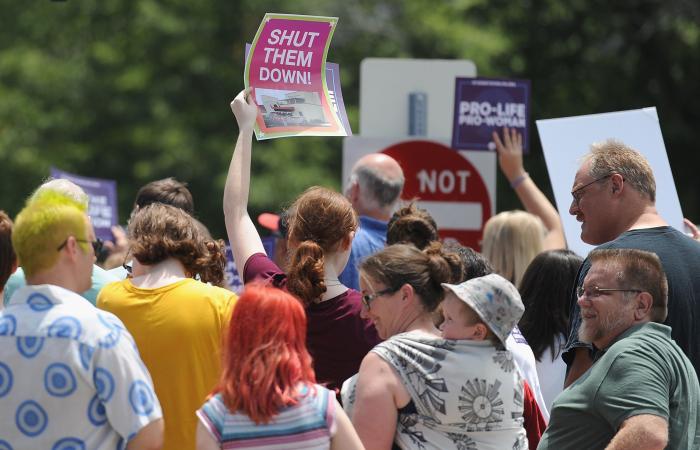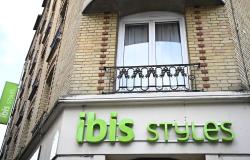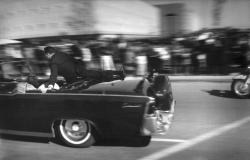
The Supreme Court on Monday declined to consider overturning a 25-year-old precedent that upheld "buffer zone" laws limiting how close protesters can get to abortion clinic entrances.
In a setback for abortion opponents, the court, which has a 6-3 conservative majority hostile to abortion rights, opted against weighing whether such laws violate the free speech rights of protesters under the Constitution's First Amendment.
At issue in the two related cases were buffer zone laws in Carbondale, Illinois, and Englewood, New Jersey.
In the 2000 ruling in a case called Hill v. Colorado, the court upheld a buffer zone law in that state. A wave of such measures were enacted following violence connected to anti-abortion protesters, including a 1994 case in which two clinic workers were killed in Massachusetts.
Two conservative justices, Samuel Alito and Clarence Thomas, said they would have taken up the Illinois case.
Thomas wrote a statement noting that the court has not applied the Hill ruling in recent years, but lower courts still "feel bound by it."
By declining to take up the issue, the court "declines an invitation to set the record straight," he added.
The last case on the issue was decided by the court in 2014, when it struck down a Massachusetts law, concluding that it was overly broad. The court then decided against overturning the 2000 precedent.
The court in 2022 subsequently overturned Roe v. Wade, the 1973 ruling that legalized abortion nationwide and energized the anti-abortion movement.
As a result of that ruling, protesters have increasingly targeted clinics in liberal-leaning states close to conservative states where abortion has been banned or severely restricted. Carbondale is one of those places, with three abortion clinics opening there since Roe was overturned.
Lawyers seeking to overturn the 2000 ruling say it is an outlier in free speech jurisprudence by, among other things, restricting speech on a divisive cultural issue and by finding that people have an interest in avoiding speech in which they do not wish to participate.
They also argue that the high court's decision to overturn Roe further undermines any justification for the buffer zones.
The Carbondale ordinance was passed in 2023 in the aftermath of the Supreme Court's abortion ruling, with city officials saying there had been an increase in protests outside clinics, some of which involved threats and intimidation. The measure stated that protesters cannot come within eight feet of another person inside a 100-foot perimeter of a health care facility's entrance.
It was challenged by Coalition Life, an anti-abortion group, which its lawyers say engages in peaceful counseling outside clinics. A federal judge and the Chicago-based 7th U.S. Circuit Court of Appeals both ruled against the challengers, saying they were bound by the 2000 Supreme Court ruling.
Carbondale swiftly repealed its measure once it became clear that Coalition Life was appealing to the Supreme Court. The group insists that the case has not become moot as the city's lawyers argue in court papers.
The Englewood law, enacted in 2014, was challenged by Jeryl Turco, an anti-abortion protester. It bars anyone from standing within 8 feet of the entrance of a health care facility even if they are on a public sidewalk except for passersby, employees and patients. The measure was enacted in response to disturbances outside the Metropolitan Medical Associates clinic prompted by a protest group called Bread of Life Fellowship.
The ordinance "had its desired effect," lawyers for the city said in court papers, with the situation outside the clinic calmer and people able to come and go without facing any "physical harassment."
Lawyers for Turco at the American Center for Law and Justice, a conservative legal group, say she is not associated with Bread of Life and has long sought to peacefully counsel women not to have abortions while standing outside the clinic. She has also sought to give women printed materials.
Turco initially won in federal district court but the Philadelphia-based 3rd U.S. Circuit Court of Appeals ruled for the city on appeal.
The buffer zone dispute is the latest in a series of abortion-related cases that have reached the justices since Roe was overturned. Earlier this year, the court rejected an attempt to restrict access to the abortion pill mifepristone and sidestepped a ruling on whether a strict abortion ban in Idaho conflicts with federal law.
This article first appeared on NBCNews.com. Read more from NBC News here:





